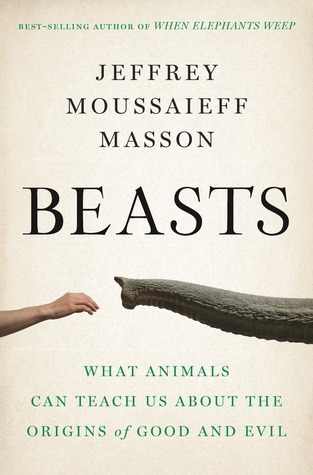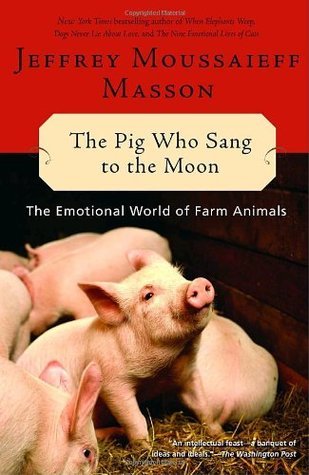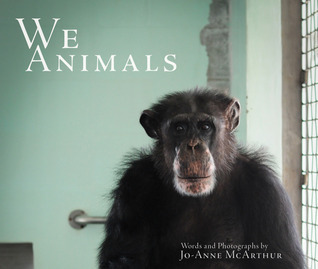
Beasts: What Animals Can Teach Us About the Origins of Good and Evil
Book Description
What if the secrets of morality lie not in philosophy, but in the wild instincts of animals? In "Beasts: What Animals Can Teach Us About the Origins of Good and Evil," Jeffrey Moussaieff Masson unravels the profound lessons hidden in the animal kingdom. Through compelling anecdotes and riveting insights, he challenges our understanding of compassion, loyalty, and betrayal. Striking examples from nature reveal how creatures navigate their lives with a moral compass that echoes human dilemmas. As the lines blur between humanity and the savagery of the wild, one question emerges: What if our notions of good and evil are rooted in the untamed?
Quick Book Summary
"Beasts: What Animals Can Teach Us About the Origins of Good and Evil" by Jeffrey Moussaieff Masson explores the evolutionary and psychological roots of morality by examining animal behavior. Masson argues that many animals demonstrate traits typically associated with human morality—such as empathy, cooperation, and even the capacity to abstain from violence. Drawing on compelling real-life observations and scientific studies, the book challenges the notion that animals are inherently cruel, using their actions to illuminate the complexities of good and evil. Masson posits that human moral understanding is deeply linked to our evolutionary past and that by observing the nuanced social lives of animals, we can reevaluate our own moral impulses. The book compellingly blurs the line between the civilized and the wild, suggesting that what we term "evil" or "good" may have deep roots in the instincts of all creatures.
Summary of Key Ideas
Table of Contents
Animal Empathy and Compassion
Masson begins by examining the nature of empathy among animals, citing examples of elephants mourning their dead, dolphins helping injured companions, and primates engaging in acts of kindness within their communities. These anecdotes demonstrate that concepts like compassion and altruism are not exclusive to humans. He draws from scientific studies which suggest that many species possess the cognitive capacity for empathy, challenging the assumption that morality is a human domain alone.
Aggression and Restraint in Nature
The book addresses the presence of aggression in animal societies, but crucially, Masson distinguishes between necessary survival behavior and wanton cruelty. He highlights how most animals exhibit restraint, seldom killing beyond what is necessary for food or defense. Instances of fighting for dominance, he notes, rarely result in fatal outcomes, with clear social signals used to prevent unnecessary harm. This observation suggests a natural tendency towards limiting violence rather than embracing it.
The Myth of the Savage Beast
One major theme interrogates the longstanding myth of the “savage beast.” Masson argues that this notion is more reflective of human projection than animal reality. By exploring predator-prey relationships and examining communal living in various species, he demonstrates that animals are often less violent, territorial, or vindictive than assumed. Instead, they exhibit complex social behaviors that support group harmony and survival.
Comparing Animal and Human Morality
Masson delves into comparisons between human and animal morality, suggesting that the human capacity for both good and evil is not fundamentally different from that of animals, but perhaps amplified by our cognitive abilities. He discusses the evolutionary origins of ethical behavior, explaining that social animals may have developed rudimentary moral rules for the benefit of group cohesion and survival. These biological bases undercut arguments that morality is purely a cultural or rational construct.
Evolutionary Roots of Good and Evil
In the concluding reflections, Masson challenges readers to reconsider what defines good and evil, suggesting that these are deep evolutionary currents shaped by natural selection and social necessity. By learning from animal societies, we can recognize the roots of our own moral impulses and perhaps cultivate a more compassionate and less judgmental understanding of both human and animal natures.
Download This Summary
Get a free PDF of this summary instantly — no email required.





